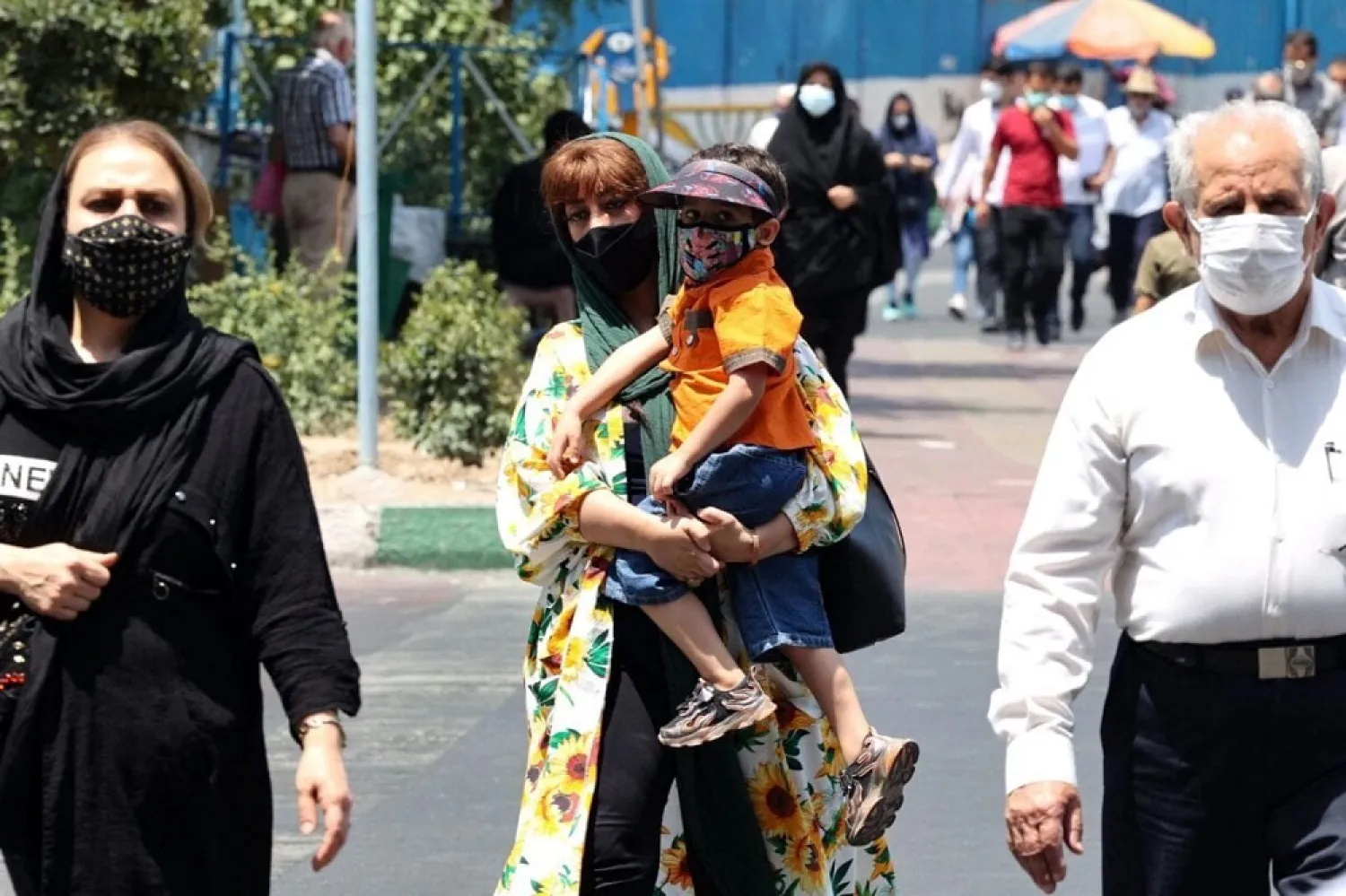Iran on Monday broke another single-day COVID-19 caseload with more than 30,000 infections for the first time since the pandemic broke out in the country last year, official numbers revealed.
This is the second highest record registered in the country in less than a week.
In the last 24 hours, the Iranian Health Ministry announced 31,814 new COVID-19 cases, raising the total to 3,723,246.
The region’s worst-hit country also recorded 322 fatalities, taking the death toll to 89,122.
Last week, Iran had announced 27,444 new cases and 250 deaths, breaking a record in the country’s daily new coronavirus cases.
During an earlier surge in cases, in April, Iran reported the highest daily number of cases, 25,582. At the time, its daily death toll spiked to around 400, below the grim record of 486 reached last November.
The rise came as Iran’s public institutions and banks reopened in both Tehran province and the neighboring province of Alborz, following a one-week lockdown — the nation’s fifth so far — that started last Monday.
Earlier this month, President Hassan Rouhani had warned of a fifth wave of the pandemic in the country, fueled by the fast-spreading delta variant.
Iranians have recently been lax in complying with preventative measures and restrictions to help limit the spread of COVID-19. Authorities have also refused to impose full lockdowns similar to other countries, due to the dire economic conditions caused by US sanctions.
Officials complain that the sanctions impede access to coronavirus vaccines. The inoculation drive that kicked off last February is still slow. Only 2.4 million people out of 84 million have received both doses, mainly of the imported Russian and Chinese vaccines.









